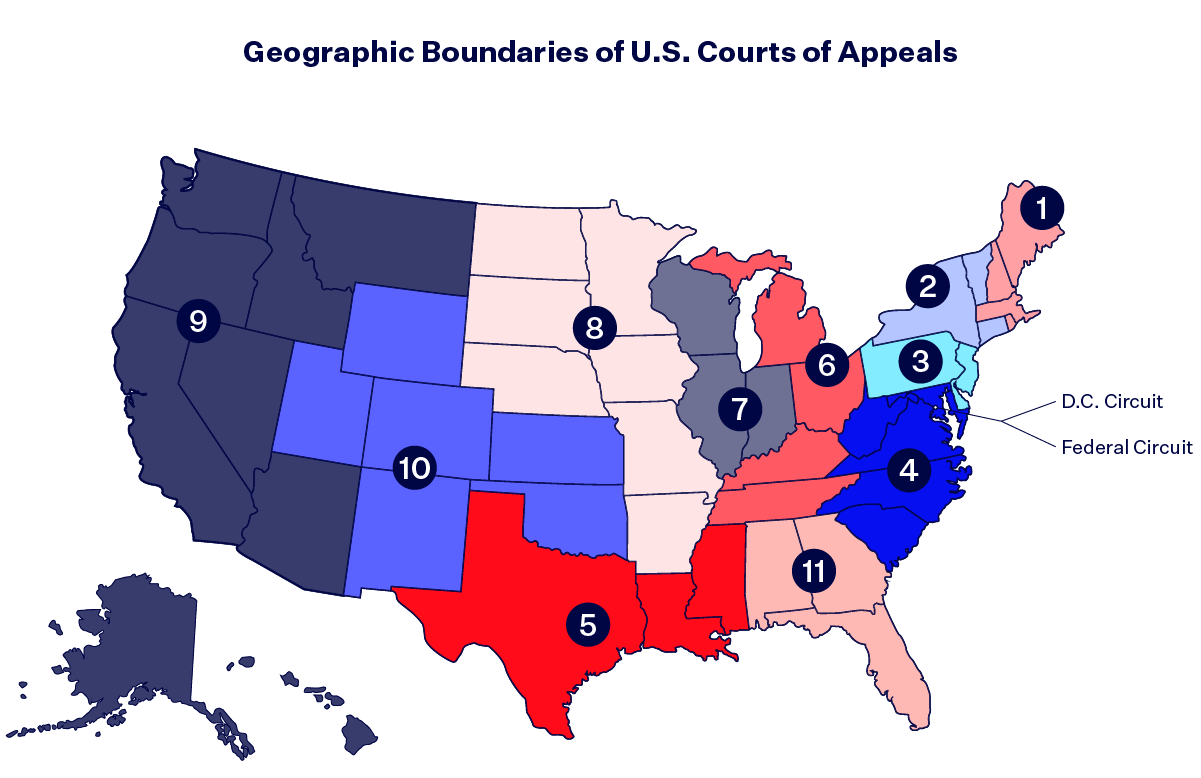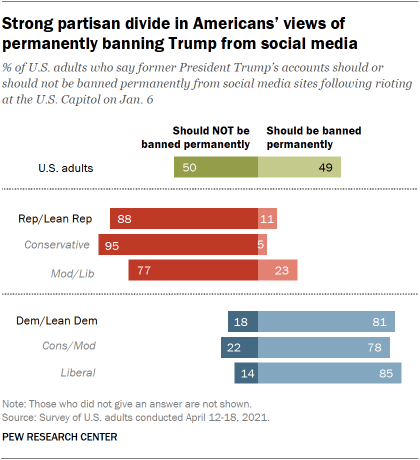In my last post, I explained the inconsistencies in social media censorship across different platforms. I want to continue the theme of my blog by getting more technical; in this post, I’m going to dive into the policies that have been proposed to regulate social media censorship and how those policies have been challenged in court.
More and more cases that pertain to online censorship are being heard by the Supreme Court. One precedent for social-media-related litigation is Reno v ACLU, a case decided in 1997 that protected online freedom of expression. Reno v ACLU ruled that the removal of “online speech that is “indecent” or “patently offensive”” violated the First Amendment. In other words, the case says that free speech should be protected, whether it occurs online or in person.
However, the Supreme Court has historically defended “editorial control and judgment,” a philosophy that does not always align with the precedent of free expression set in Reno v ACLU. The editorial control and judgment clause is a part of the First Amendment that allows private press companies to portray an opinion on their platforms. Basically, it means that companies like newspapers and news sites can use their platform to take a side, in the same way an individual can use his voice to take a side. For example, the New York Times primarily publishes left-leaning articles, and Fox News publishes right-leaning media. Even though those are pretty biased news sources, the right of editorial control permits the companies to present polarized and one-sided information as a means of expressing their opinions.
There is an ongoing debate surrounding how “editorial control” applies to social media. Are online platforms exercising “editorial control” when they censor and remove content, or are they taking away other Americans’ freedom of expression and violating the precedent of Reno v ACLU?
![]()
Both Texas and Florida attempted to pass legislation protecting speech on social media and preventing censorship, and both laws were challenged in federal courts.
The Texas legislature passed a law called H.B. 20 that “prohibits social media platforms from “censor[ing]” users or content based on viewpoint…” The law, if it remains in effect, only allows social media sites’ to remove posts that incite unlawful or discriminatory violence, requires sites to provide reasons for removing content, and mandates the creation of online spaces where people can appeal illicit or biased content removal.
However, a federal trial court instituted a preliminary injunction against the law, stating that it violated the press’s right to “editorial control.” The injunction meant that the law could not take effect. The case that set the injunction, NetChoice v Paxton, was appealed and heard in the Fifth Circuit Court of Appeals. The Fifth Circuit overruled the injunction, meaning the law can be enforced by the state of Texas. It is likely that the case will be appealed again and heard in the Supreme Court.
The Fifth Circuit Court of Appeals ruled in favor of freedom of speech. They argued that social media sites are not protected under “editorial control,” because they do not decide what content to display based on their desire to express an opinion, but rather through the use of algorithms and artificial intelligence. Since users may see different content based on their past behavior or post interaction, the court argued that there is no consistent opinion being expressed on a social media platform (when the site is evaluated as a whole).
The Texas ruling is a step in protecting the freedom of speech on social media, but a different court of appeals issued a conflicting verdict on a similar law in Florida.
The state legislature of Florida passed Senate Bill 7072. The new law would limit “a platform’s ability to engage in deplatforming, censorship, shadow-banning, or post prioritization” and require that moderation is applied consistently to all types of content. It would also prevent any restriction on content of political candidates or “journalistic enterprises.”
In Florida, as in Texas, social media regulation ended up in court. The federal trial court in Florida placed a preliminary injunction on Senate Bill 7072 in NetChoice v Moody. However, unlike the Fifth Circuit, the Eleventh Circuit court of appeals upheld the injunction on Senate Bill 7072 and did not allow the regulatory law to go into effect.
The Eleventh Circuit ruled that social media sites did have the right to remove content. They stated that the “editorial judgment” clause means that sites can choose what information to display as part of their right to express an opinion. Social media sites are privately owned, and thus, according to the court, the First Amendment protects their rights to remove content that does not align with the opinion they wish to express. The Eleventh Circuit did allow some portions of Senate Bill 7072 to go into effect, such as the clause that required sites to disclose their reasons for censoring content, under the idea that regulations would prevent people from being misled about the platforms they use. The main difference in the rulings between the Fifth and Eleventh Circuits was that the Eleventh Circuit ruled that removing posts is part of editorial control and judgment while the Fifth ruled that editorial control is merely choosing what to publish.

The conflicting rulings of federal courts show the issues emerging with modern media. Legally, how do we handle social media censorship? How do we create regulations to protect the people without overstepping private companies and capitalistic ideals?
Additionally, in my opinion, it is problematic that there are inconsistent regulations across the nation. How can Florida regulate the internet one way, but Texas regulate it another way, when the same platforms exist in both states?
Modern technology has brought more questions than ever before, and we must rely on fundamental American ideals to answer them and preserve democracy. How do we restrict speech to keep people safe, while still ensuring everyone has a right to express his opinion? How do those regulations apply in the broad space of the internet? What will the government’s role be in regulation, or in the lack thereof? What role will private companies play?
There is something to be said about the power of words. In the wrong hands, words can be dangerous for the nation and its people. In the right hands, they can be used to deliberate and solve social issues that have been plaguing the United States for generations. We must decide, as a nation, how we want to define our values of freedom and equality before we try to pass more litigation on social media censorship. Otherwise, we will remain trapped among conflicting court rulings and inconsistent regulatory policies.
https://www.washingtonpost.com/technology/2022/10/09/social-media-content-moderation/
https://www.aclu.org/other/legislation-and-court-cases-pertaining-online-censorship-several-stateshttps://
www.aclu.org/cases/reno-v-aclu-challenge-censorship-provisions-communications-decency-act
https://crsreports.congress.gov/product/pdf/LSB/LSB10748#:~:text=NetChoice%20v.,Paxton&text=On%20December%201%2C%202021%2C%20a,social%20media%20platforms%20discussed%20above.

